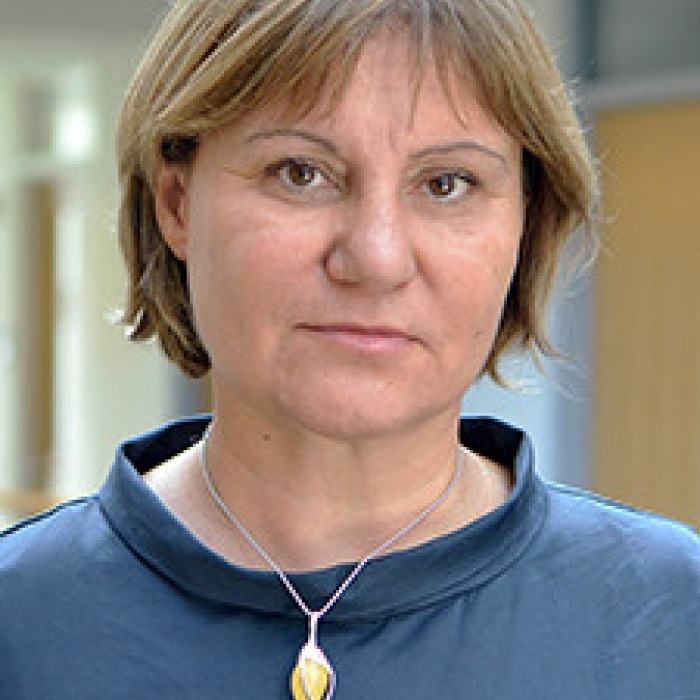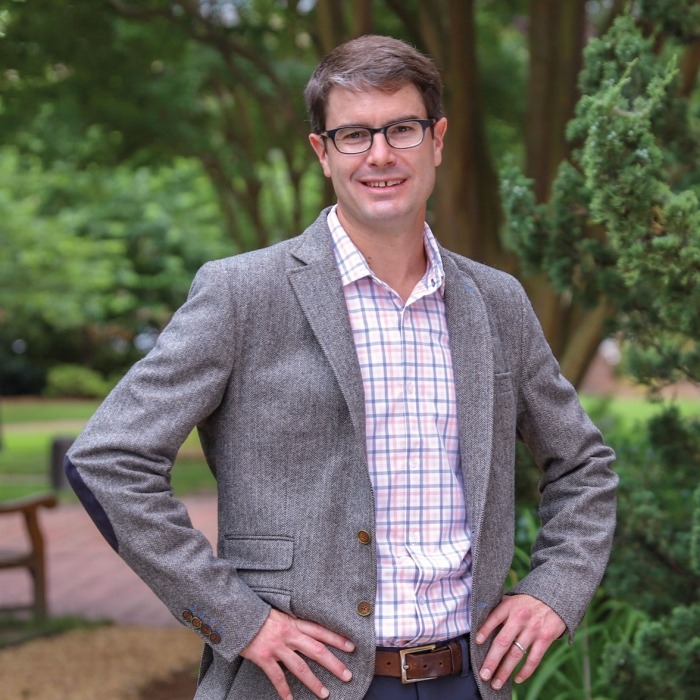
Michael Albertus
Professor, University of Chicago
The Political Price of Authoritarian Control: Evidence from Francoist Land Settlements in Spain
Date and Time:
Monday, August 29, 2022 12:15 PM to 1:30 PM
Abstract/Description:
Many authoritarian regimes use policy-based strategies of social control instead of more coercive tools like repression. When these regimes transition to democracy, do authoritarian successors pay a political price for such policies? This paper examines the political cost of one common authoritarian policy of social control – land settlement schemes – in Spain. The Franco dictatorship initiated a decades-long program to ameliorate land pressure by resettling excess rural labor in hundreds of new government-created towns in colonization zones throughout the country. This paper examines post-democratization voting patterns in municipalities containing new towns compared to a counterfactual set of proximate similar municipalities that were also in government-created colonization zones. I find that land settlement caused a backlash once Spain returned to democracy: voters disproportionately supported the left at the expense of the regime’s successor parties. I attribute this to a legacy of authoritarian political and economic oversight and manipulation in regime-created towns.

Firat Kimya
Graduate Student, University of Virginia
Political Repression and Party Institutionalization
Date and Time:
Monday, September 19, 2022 12:15 PM to 1:30 PM
Abstract/Description:
Often, scholars of party politics focus on specific types of party-building activities such as recruitment of members from home constituencies, territorial expansion through branches, and professional electoral campaigns. However, when the opposition faces political repression in the form of exile, spying, and censorship, it allocates fewer resources to mass party-building and concentrates more on defensive strategies such as secret recruitment, the formation of underground cells, and operating in exile. I hypothesize that defensive strategies are likely to impede the formation of the mass-mobilizing party machinery and reduce the chances for democratic consolidation. Specifically, I analyze the party-building activities of the Young Turks (1889-1908) who established the first organized opposition in the Ottoman Empire, the Committee of Union and Progress (CUP). To examine the causal effect of political repression, I exploit a natural experiment in which an exogenous European intervention in Ottoman Macedonia (provinces of Kosovo, Monastir, and Salonica) gradually ended Ottoman rule and rendered Sultan Abdülhamid’s political repression ineffective between 1903–1908. The intervention created a more liberal setting where the CUP activists built a mass-mobilizing party machinery and successfully executed the 1908 Constitutional Revolution.

Nicholas Samabanis
Professor, University of Pennsylvania
Misperceiving Nationalism: Beliefs About Others’ Beliefs and Group Conformism in Foreign Polic
Date and Time:
Monday, September 26, 2022 12:15 PM to 1:30 PM
Abstract/Description:
We develop and test a theory regarding the extent to which individual citizens base their expressed foreign policy preferences on available information about the preferences of their co-nationals and we seek to understand to what extent (mis)information about public opinion shapes both citizens' private preferences and the views they feel comfortable voicing in public. Public expressions of policy preferences are important because they reinforce others' perceptions of majority opinion; if citizens censor the views they express publicly, this could create a potentially false impression of the policies that are thought to be consistent with national identification. Such a pattern might be observed during periods when national identification is strongest (e.g., during foreign policy crises). Moreover, perceptions of public opinion are inherently manipulable by opinion leaders and the mass media, which can therefore shape policy preferences by cultivating (mis)perceptions about others' foreign policy preferences, thereby fueling a cycle of conformity. We explore whether perceptions of public opinion in the midst of a nationalist upsurge amplify group conformism and whether they can stimulate both escalation and de-escalation during periods of crisis.

Denise Walsh
Associate Professor, University of Virginia
Date and Time:
Monday, October 10, 2022 12:15 PM to 1:30 PM
Abstract/Description:
Politicians, pundits, activists, and scholars have long debated what to do about cultural practices that clash with women’s rights, such as Muslim women’s dress. Conventional wisdom suggests that when the two clash, liberal states must prioritize one set of rights at the expense of the other or negotiate a compromise that fulfills neither. But is a clash ever inevitable? What do people in these policy debates say? And how can justice for the women these controversies are about be advanced? To answer these questions, this book compares three dissimilar rights controversies: the adjudication of the so-called French “burka ban” at the European Court of Human Rights, the legalization of polygyny in South Africa, and the elimination of the marrying out rule for Indigenous women in Canada. This chapter addresses the question of how to advance justice for colonized women by discussing the indivisible approach. This approach is distinguished by five characteristics: it forges relations of agreement among rights, avoids cultural essentialism, bridges cultural differences, centers the lived experience of colonized women, and attacks imperial sexism. The chapter illustrates this approach and provides guidelines on how to apply it to any contested cultural practice.

Nicola Nonnes
Graduate Student, University of Virginia
The BRICS Acronym as a Heuristic Device in Sovereign Bond Markets
Date and Time:
Monday, October 17, 2022 12:15 PM to 1:30 PM
Abstract/Description:
In this paper, I investigate the effects of group acronyms as heuristic devices among financial investors. I analyze the consequences of the narratively constructed categorization into the BRICS group (Brazil, Russia, India, China, and South Africa). I suggest and test the hypothesis that investors use categories as a heuristic shorthand which, in turn, affects their allocation decisions. I argue that this is due to two main behavioral tendencies on the part of investors: the representativeness bias and the availability bias. The paper examines the process through which these countries came to be grouped together in international media and then explores the contagion effect in sovereign bond markets during the period 2004-2020. Unlike other investment acronyms (e.g. PIIGS), the BRICS acronym contains a positive connotation. Consistent with this interpretation, I show how the number of articles containing the acronym BRICS in reference only to the other countries in the group decreases the bond spreads of a given country beyond what political conditions and economic fundamentals would predict. The results show that Brazil, Russia and, to a lesser extent, India have reaped substantial benefits from being labeled as BRICS. Consistent with the theoretical expectations, the heuristic BRICS effect is stronger when investors face greater uncertainty, when international capital is scarce, and when the country in question is more dependent on external financing.

Jonathan Renshon
University of Wisconsin
The Generalizability of IR Experiments Beyond the U.S.
Date and Time:
Friday, January 27, 2023 12:15 PM to 1:30 PM

Isabela Mares
Yale
Date and Time:
Friday, February 3, 2023 9:30 AM to 11:00 AM

Fiona Cunningham
University of Pennsylvania
Date and Time:
Friday, February 24, 2023 12:15 PM to 1:30 PM

Natália Bueno
Emory University
Date and Time:
Friday, April 21, 2023 12:15 PM to 1:30 PM

Marcus Holmes
College of William and Mary
Date and Time:
Friday, April 28, 2023 12:15 PM to 1:30 PM
Academic Year:
